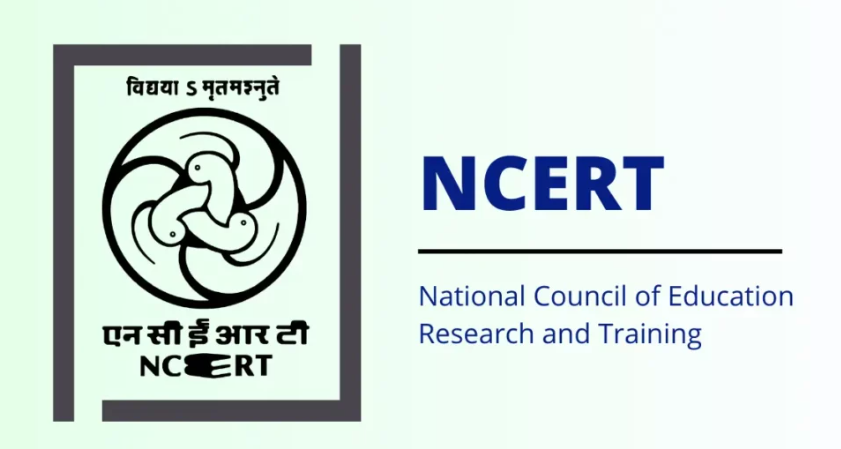National Council of Educational Research and Training
The National Council of Educational Research and Training (NCERT) is an autonomous organization established by the Government of India in 1961 to assist and advise the Central and State Governments on policies and programmes for qualitative improvement in school education. The NCERT provides support and technical assistance to a number of schools in India and oversees many aspects of education in the country, including the development of textbooks, educational research, and training of teachers.
History
The NCERT was established in 1961 by merging seven existing national government institutions, namely the Central Institute of Education, the Central Bureau of Textbook Research, the Central Bureau of Educational and Vocational Guidance, the Directorate of Extension Programmes for Secondary Education, the National Institute of Basic Education, the National Fundamental Education Centre, and the National Institute of Audio-Visual Education.
In 1964, the Department of Education under the Ministry of Education was given the responsibility to control and manage the NCERT. The main objectives of the NCERT as envisaged in the 1964 resolution were to:
- Undertake, promote and coordinate research in areas related to school education.
- Prepare and publish model textbooks, supplementary material, educational kits, etc.
- Organize pre-service and in-service training of teachers.
- Collaborate with state educational departments, universities, NGOs, and other educational institutions.
- Act as a clearing house for ideas and information on all matters relating to school education.
Organizational Structure
The NCERT is headed by the Union Minister of Education and is administered by a Director. The Council operates through its constituent units, which include:
- National Institute of Education (NIE), New Delhi
- Central Institute of Educational Technology (CIET), New Delhi
- Pandit Sunderlal Sharma Central Institute of Vocational Education (PSSCIVE), Bhopal
- Regional Institutes of Education (RIEs) located in Ajmer, Bhopal, Bhubaneswar, Mysore, and Shillong
The NCERT also has several departments, divisions, cells, and centres that focus on various aspects of education, such as:
- Department of Education in Science and Mathematics (DESM)
- Department of Education in Social Sciences (DESS)
- Department of Education in Languages (DEL)
- Division of Educational Research (DER)
- Division of Educational Surveys and Data Processing (DES&DP)
- Planning Programming Monitoring and Evaluation Division (PPMED)
- International Relations Division (IRD)
Functions and Contributions
The NCERT plays a vital role in improving the quality of school education in India. Some of its key functions and contributions include:
- Development of Curriculum and Textbooks: The NCERT develops model curricula and textbooks for all stages of school education. These textbooks are widely used in schools across the country and are known for their high quality and comprehensive coverage of topics.
- Educational Research: The NCERT conducts research on various aspects of education, including curriculum development, teaching-learning processes, assessment techniques, and teacher education. The findings of these research studies are used to inform educational policies and practices.
- Teacher Training: The NCERT organizes pre-service and in-service training programmes for teachers to enhance their professional competence and keep them abreast with the latest developments in education.
- National Talent Search Examination (NTSE): The NCERT conducts the NTSE, a national-level scholarship programme to identify and nurture talented students.
- National Achievement Survey (NAS): The NCERT conducts the NAS, a large-scale assessment survey to monitor the health of the country’s education system and to provide insights for policy formulation and programme implementation.
- Educational Technology: The Central Institute of Educational Technology (CIET) of the NCERT promotes the use of educational technology, including digital resources, in schools.
Controversies
The NCERT has faced controversies over the content of its textbooks, with some critics alleging that the books promote a particular political ideology or contain factual inaccuracies. In response to these criticisms, the NCERT has revised its textbooks several times.
In 2012, the NCERT was embroiled in a controversy when it was alleged that a political cartoon in a Class XI Political Science textbook was disrespectful to the Indian Parliament and to Dr. B.R. Ambedkar. The cartoon was subsequently removed from the textbook.


